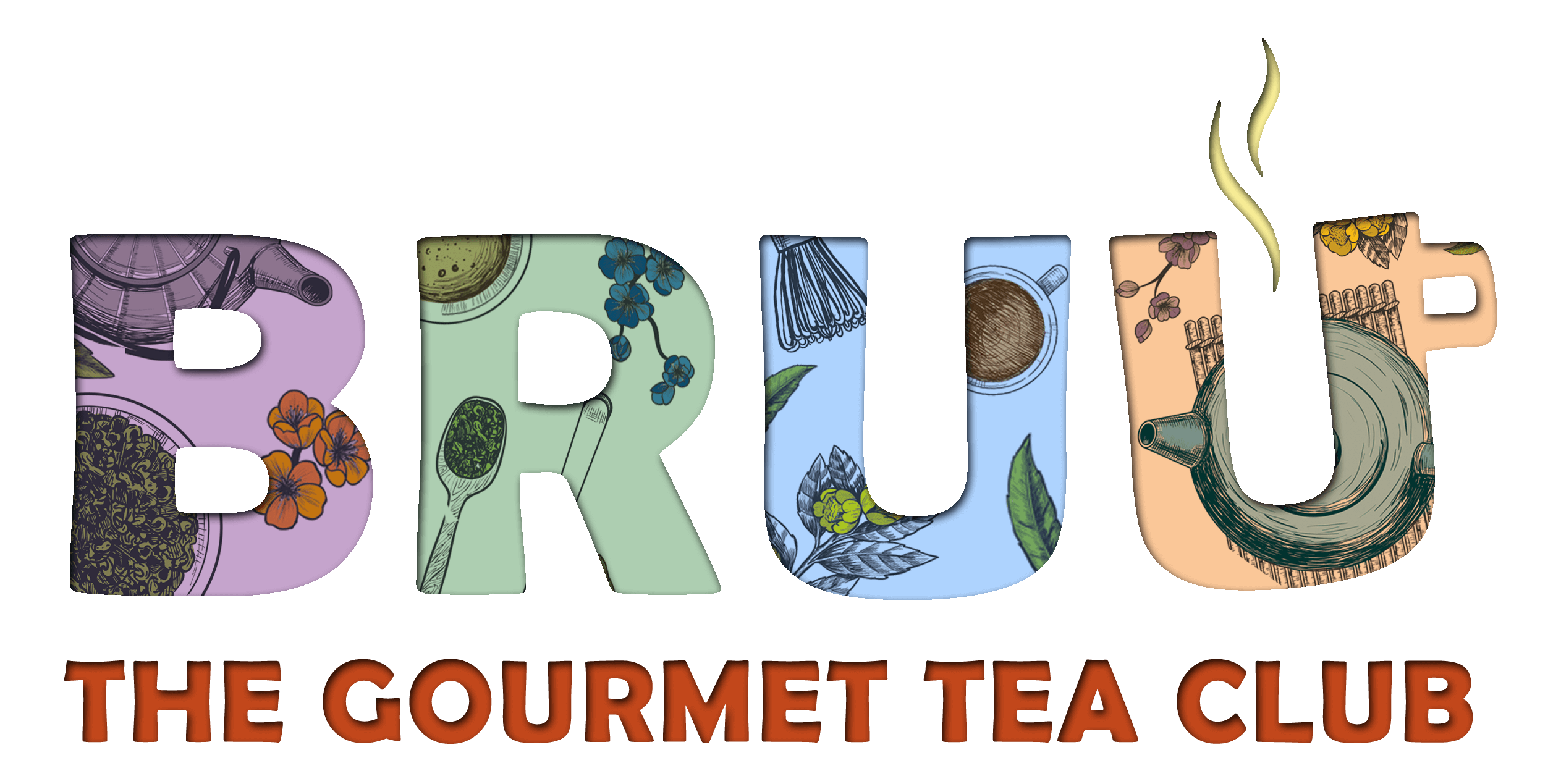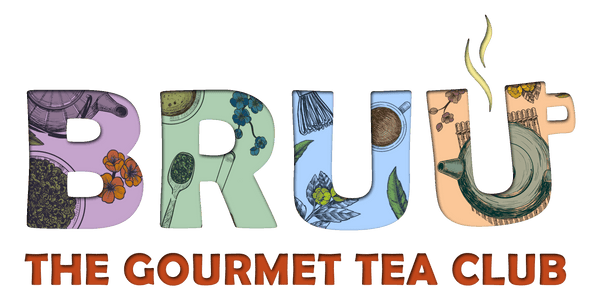Is Tea Farming Sustainable?


Tea farming has been around for centuries and the practice only continues to grow. With this in mind, it is normal for the thought to pop into your head, Is tea farming sustainable?
Pesticides
One of the most crucial factors which dictates whether tea farming is sustainable depends on the use of pesticides. These chemicals can be extremely damaging to the environment and have a bigger impact than you may have thought. Not only can these chemicals be damaging to the environment, but also the workers who are working with them. Repeating the usage of these chemicals can easily lead to soil degradation and loss of biodiversity. Due to this many tea farmers have adopted a more sustainable and organic practice to help protect their local ecosystems.
Water Usage
Like any plant, tea requires a significant amount of water. However, this can be an issue as in some regions as the overuse of water leads to water shortage and other environmental problems. This is actively being tackled with many tea farmers adopting more sustainable practices like irrigation water sources, which increases the efficiency of water. Another measure they are using to tackle the overuse of water is soil moisture sensors which allow the farmers to know if the tea plants require more water or not.
Working Conditions
Tea farming is a much more labour intensive job compared to most. With the dependence on labour to grow and process tea crops it leaves some employees with unfair working conditions and pay. However, many companies and charities are working hard to fix this by offering workers fairer wages and introducing working benefits. An example of this is fair trade. When working with fair trade, tea producers earn part of the premium of $0.50 per kilo of tea sold.
Industry Accessibility
Another factor which influences whether or not tea farming is sustainable, is the economic viability of the industry. There are thousands of smaller-scale tea farmers who struggle to make a living wage slowly pushing them out of the tea industry. To support these small-scale farms, tea companies are working to improve their market access, provide training and increase support to help small farmers improve yields and increase their income.
Conclusion
Tea farming is a complex industry which relies on a huge variety of scenarios that influence it's sustainability. While it is evident certain practices are not viable, there are certainly big improvements taking place to ensure that the tea industry can carry on in a more sustainable way. This was evident in the introduction of water irrigation and working benefits for employees. In conclusion it is totally possible the tea industry can continue to grow and be a valuable source of income and jobs for communities all around the world and thanks to this it allows many of us to enjoy a refreshing warm cup of tea at home.




Leave a comment